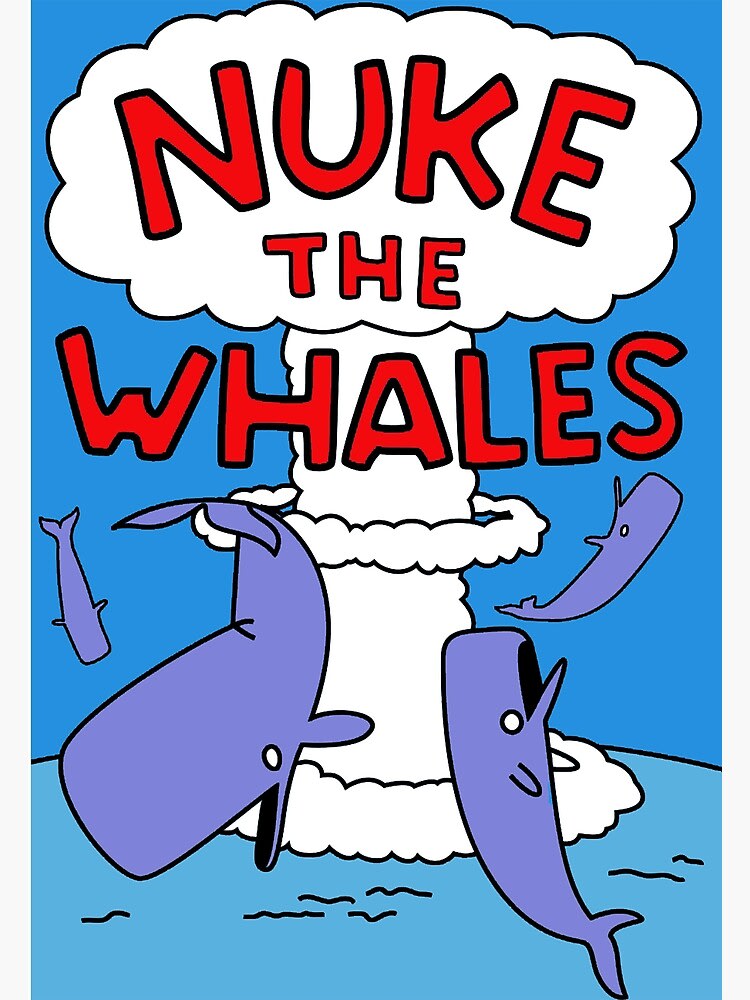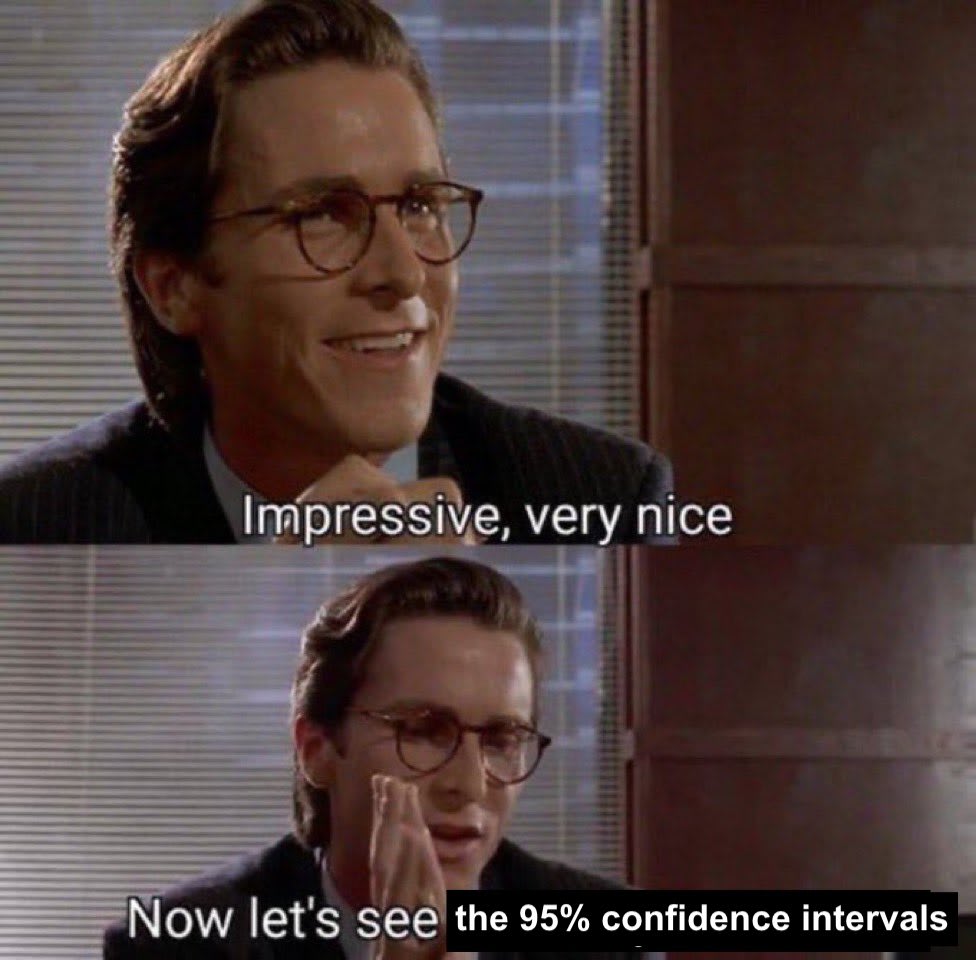Strong advocate of just having a normal job and give to effective charities.
Doctor in Australia giving 10% forever
Henry Howard🔸
I agree that the field is full of uncertainty.
The breadth of the confidence intervals in any animal suffering research, particularly once it moves away from vertebrates, makes me feel like this work won’t ever lead to any actionable conclusions beyond “torturing things is bad, avoid if possible”, which we sort of knew from the start.
I broadly don’t buy that because conclusions seem strange, we shouldn’t engage with them...
Sure but this is a post asking for money to set up a foundation to explore these conclusions, which, in the case of shrimp, insects, mites, and nematodes, are almost always either:
So uncertain as to be completely impractical (the confidence intervals in the Rethink Priority Welfare Estimates are so wide as to be almost meaningless, even if you agree with the underlying analysis)
Demanding of a complete upturn of human socioeconomic development goals (i.e. we’re not building factories or research institutes if we’re all Jains functionally paralysed by not wanting to step on ants)
I don’t think we need a(nother) foundation to tell us that, all else being equal, not torturing insects is better than torturing them, or that taking spiders outside (as I do, too) is better than killing them. This we can mostly all agree on. But any attempt to go beyond that and seriously quantify this suffering and run calculations on it is an intellectual dead end and a resource and reputation sink.
I’ve never been able to understand how any serious consideration of insect welfare doesn’t immediately lead to the unacceptable conclusion that any cause other than the welfare of demodex mites or nematodes is almost meaningless.
How do you envision useful, practical ideas emerging from further insect/arthropod welfare work, rather than just a lot of absurd conclusions?
To me this sort of work seems to risk playing into the stereotype of the EA community as head-in-the-cloud philosophisers who care more about intellectualising than practical outcomes
It sounds like you’re saying that GiveWell in general is funding constrained because it can’t give out all the grants it would like to. My question was specifically whether the top charities (AMF, Malaria Consortium, Helen Keller, New Incentives) are fully-funded.
This question is important to me because I am Australian and unable to tax deduct donations to GiveWell but can tax deduct donations to the top charities.
A terrifying thought. Whales are the worst perpetrators of this but people aren’t willing to discuss the uncomfortable solution:
That’s a great link, cheers
The Open Phil report you link to says:
in April their median projection for funding raised in 2024 from sources other than Open Philanthropy was $421 million, compared to ~$117 million five years earlier.
...
Having that funding available allows GiveWell to cover many of its highest-ROI opportunities regardless of our support
This suggests that Open Phil is pulling back funding as GiveWell finds funding from non-Open Phil sources. I suspect that if GiveWell was getting fewer non-Open Phil donations Open Phil would pick up the slack again.
Donations to GiveWell are effectively indirect donations to Open Phil, which is fine if you like Open Phil.
If you didn’t give to GiveWell, where would you give?
The Life You Can Save recommends several charities beyond the GiveWell five. I get the impression that GiveWell’s assessments are more thorough and stringent, but that’s irrelevant if they’re fully funded.
[Question] Is donation-matching deceptive?
[Question] Do the GiveWell charities need money currently?
This doesn’t seem very useful. All well and good to declare that lots of animals might have “conscious experience”, but without a way to define “conscious experience” or having any way to compare the value of the “conscious experience” of different animals, where does it get us?
I worry that this is just abstract philosophical noise that distracts from productive efforts like developing alternative proteins, exposing and lobbying against the cruelty of factory farming, and eliminating the poverty and desperation that underlies a lot of the global indifference to animal suffering.
I think overall this post plays into a few common negative stereotypes of EA: Enthusiastic well-meaning people (sometimes with a grandiose LoTR reference username) proposing grand plans to solve an enormously complex problem without really acknowledging or understanding the nuance.
Suggesting that we simply develop an algorithm to identify “high quality content” and that a combination of crowds and experts will reliably be able to identify factual vs non-factual information seems to completely miss the point of the problem, which is that both of these things are extremely difficult and that’s why we have a disinformation crisis.
Many good points:
-
Use of expected value when error bars are enormously wide is stupid and deceptive
-
EA has too many eggs in the one basket that is GiveWell’s research work
-
GiveWell under-emphasises the risks of their interventions and overstates their certainty of their benefits
-
EA is full of young aspiring heroes who think they’re the main character in a story about saving the world
-
Longtermism has no feedback mechanism and so is entirely speculative, not evidence-based
-
Mob think is real (this forum still gives people with more karma more votes for some reason)
But then:
-
His only suggestions for a better way to reallocate power/wealth/opportunity from rich to poor are: 1. acknowledging that it’s complex and 2. consulting with local communities (neither are new ideas, both are often already done)
-
Ignores the very established, non-EA-affiliated body of development economists using RCTs; Duflo and Banerjee won the Nobel memorial economics prize for this and Dan Karlan who started Innovations for Poverty Action now runs USAID. EA might be cringe but these people aren’t.
-
Sounds very difficult when deadly drugs like fentanyl, midazolam and propofol can easily be injected through an intravenous line. You can’t get an IV line on a baby in-utero, I think that’s why injection into the heart is done in that case.
-
The massive error bars around how animal well-being/suffering compares to that of humans means it’s an unreliable approach to reducing suffering.
-
Global development is a prerequisite for a lot of animal welfare work. People struggling to survive don’t have time to care about the wellbeing of their food.
-
Aside from impossibility of quantifying fetal suffering with any certainty and the social and political intractability of this idea: potassium chloride is often directly injected into the fetal heart, not the veins, so the comparison to lethal injection or animal euthanasia might be wrong
Doesn’t pass the sniff test for me. Two concerns:
Every vegetarian I’ve met or heard of is vegetarian because of either a) animal welfare, b) climate change or c) cultural tradition. It seems very unlikely that any of these factors could be strongly genetic.
They’re determining genetic heritability by comparing identical twin pairs with non-identical twin pairs (i.e. if the identical twins are more similar in their preferences than non-identical twins, they assume that there’s more of a genetic component). I imagine that there could be lots of confounders here. Growing up as an identical twin is a different experience to being a non-identical twin. There could be different environmental factors between the two situations (e.g. maybe identical twins tend to feel closer and more closely mimic each other’s behaviours/choices).
If any of these think tanks had good evidence that their strategy reliably affected economic development, the strategy would quickly be widely adopted and promoted by the thousands of economic development researchers and organisations striving to find such a strategy. Economic development is not a neglected or underfunded field.
Development economics is a full-fledged academic field. Very intelligent people have been working very hard on finding way to improve economic development for many years. Unlikely that outsiders on an internet forum will see neglected solutions.
Would be ecstatic to be proven wrong. In the meantime this sort of post makes the community look arrogant and out of touch.
The error bars on the Rethink Priorities’ welfare ranges are huge. They tell us very little, and making calculations based on them will tell you very little.
I think without some narrower error bars to back you up, making a post suggesting “welfare can be created more efficiently via small non-human animals” is probably net negative, because it has the negative impact of contributing to the EA community looking crazy without the positive impact of a well-supported argument.


Assumes confidence intervals narrower than we’ll ever obtain, I think.
Yes torturing insects is bad if we could just as easily not. Don’t need a 20-page report to justify that.
The part where we try to quantify suffering is hampered by the massive confidence intervals that are inherent to any discussion of insect suffering, and which I don’t see being narrowed by further pondering.